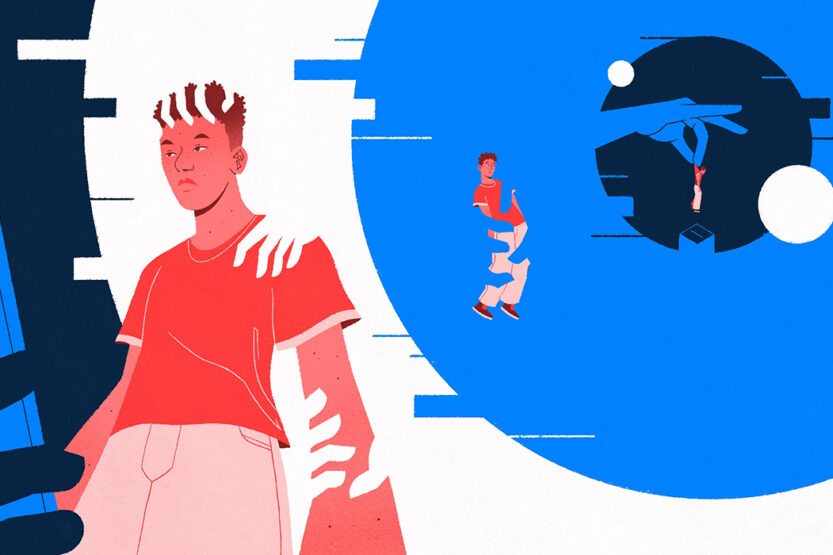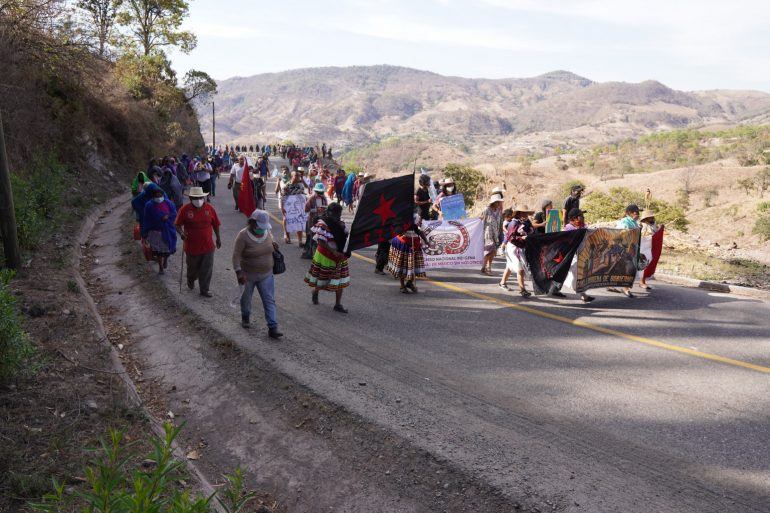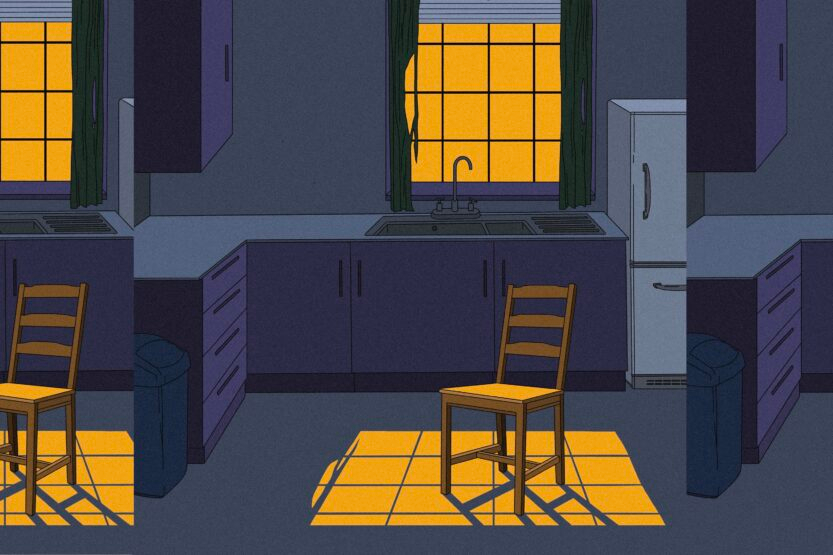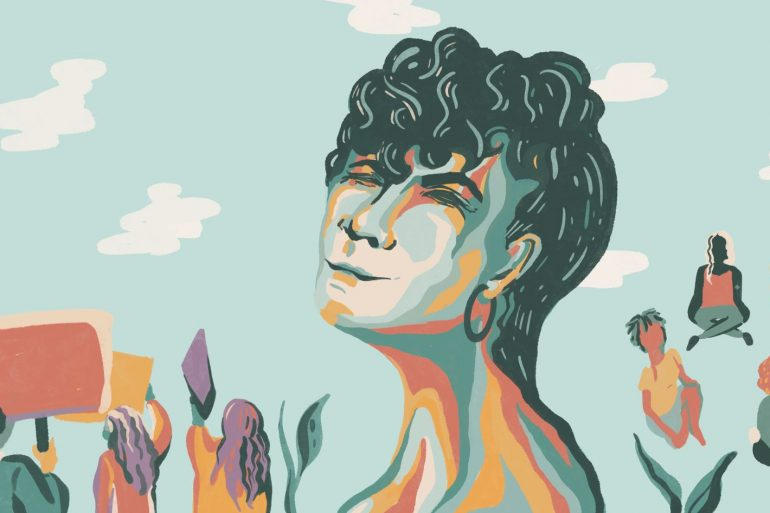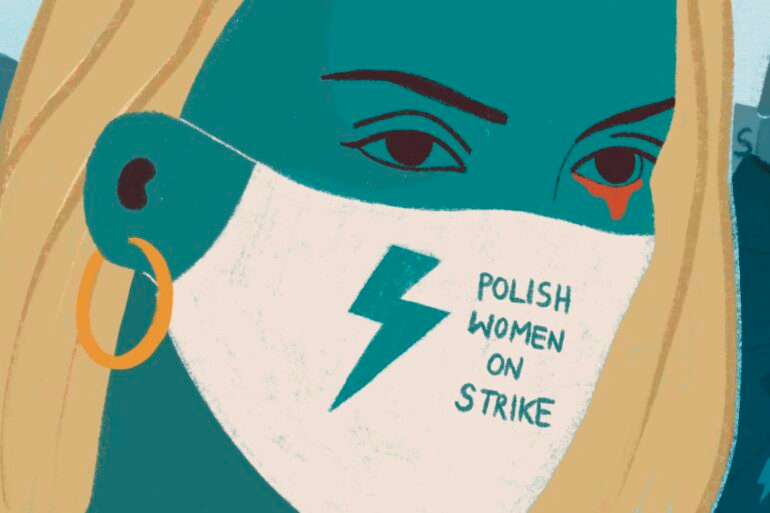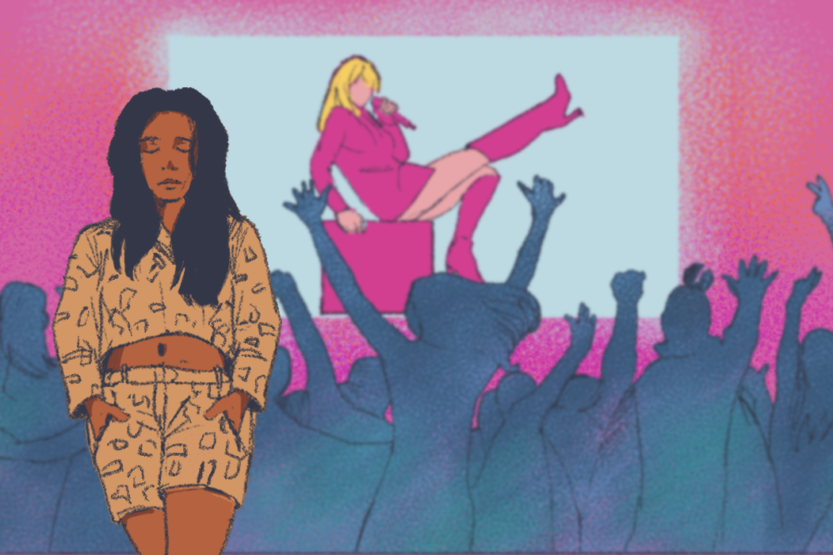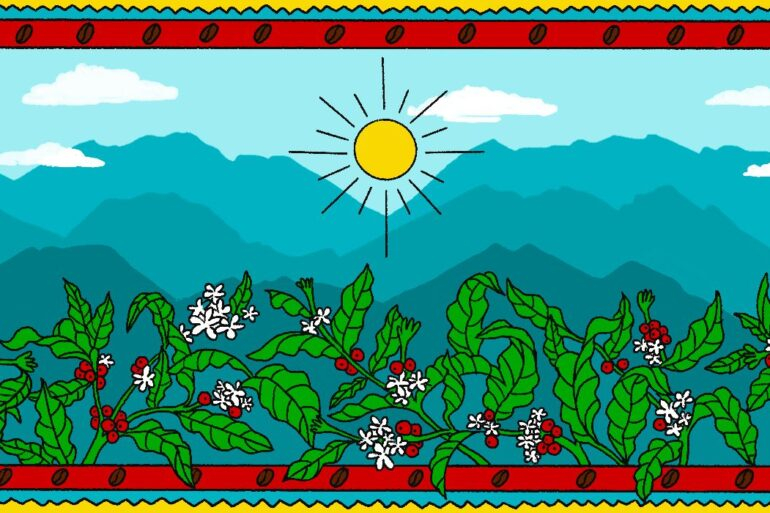Stranded in an unfamiliar country, fleeing life-threatening persecution, and greeted with only disbelief and distrust. This is the fate for the 2,000 people a year who seek out sexual asylum in the UK. Only one in six people will be accepted.
To be granted refuge in the UK, LGBTQI+ people must have a “well-grounded fear of persecution” based on their sexuality. Despite the fact that same-gender consensual sex is explicitly criminalised in 68 countries, and punishable by death in 13 of these, nation-laws are not deemed evidence enough. Instead, people seeking asylum must undergo a treacherous and traumatic process including interviews and court hearings, to attempt to prove their sexuality to the Home Office.
Maiba, a Zimbabwean person seeking asylum, recalls being asked “Do you go to gay clubs? Do you hang around with other lesbians?”. The Home Office operates with a profound short-sightedness; clearly not considering that someone who lives on £5 a day is unlikely to go clubbing. An average night at London gay club Heaven, including entry and drinks, is likely to blow your £37.75 weekly Asylum Support. Let’s hope you don’t have to eat for the rest of the week.
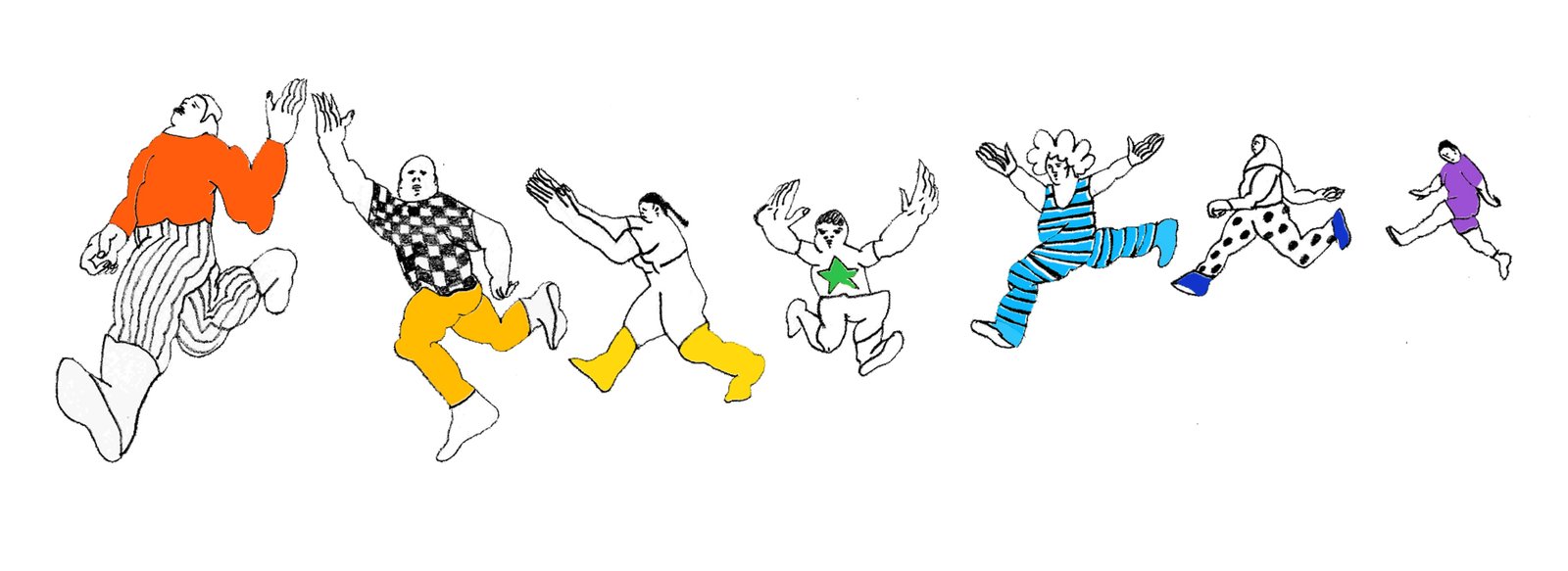
Many people who are seeking asylum are dependent for housing and support from churches and other community groups. A report that came out in September describing the experience of African LGBTQI+ people seeking asylum emphasises that this dependency can make it difficult for people to come out as they are fearful of losing the support they rely on due to homophobic reactions. In the report, commissioned by the Metropolitan Community Church (MCC) of North London, 97% of their recipients reported facing financial issues: “your status doesn’t allow you to work, so you can’t be able to earn any money”, one recipient stated. “so, you have to rely on people for all sorts of needs”.
“Have you read Oscar Wilde?” This was a legitimate question posed to a Ugandan woman seeking sexual asylum. It is unclear why the works of an Irish man who died 119 years ago would be a reference point for a 21st-century lesbian who has grown up in East Africa. Wilde may have been an important historical figure in the UK, but 19th-century English-language plays are not accessible or particularly relevant to most parts of the world today. Other people recall being asked, “what TV shows do you watch?”. If watching Queer Eye and reading Oscar Wilde is a prerequisite of being gay, then many LGBTQI+ people in the UK would not even pass the test.
Clearly, these questions are based on very specific, and antiquated, ideas of what it means to be queer.
The Home Office’s understanding of gayness has long orbited the Western gay (male) identity. This makes it extremely difficult for those seeking asylum to prove their own sexuality when they don’t comply with the criterion. Cultural differences are ignored or discounted. It is not taken into consideration that for many queer people expressing or even accepting their sexualities has meant isolation, abuse and possibly violence.
People seeking asylum have been disbelieved for not coming across as ‘gay enough’. Paradoxically, when people do express their sexuality in ways seemingly ‘sufficiently gay’, they are accused of faking it. Aderonke Apata, a Nigerian person who was seeking asylum, was accused of faking her sexuality. The court argued that she had adopted the customs and dress of a lesbian just to gain refugee status. Shocking statements disbelieving her sexuality within the courtroom included “she had engaged in same sex encounters in prison as a fabrication”, “none of her lesbian relationships was genuine”, “she is not a lesbian and will not act as one on return to Nigeria”. There are cases where people have been denied for not being flamboyant enough; and in others, denied for being too flamboyant. This creates a Catch-22 system whereby asylum seekers become trapped within a culture of disbelief.
According to Apata, this system is “set up for people to fail”. It forces people to take more and more extreme measures. In Apata’s case, she attempted to use photographs and two DVDs showing herself engaged in lesbian sexual activity in absolute desperation for her case to be accepted. Shocking and humiliating, this shows the extreme lengths people have to go to in order to be believed in a system designed in the image of hostility and distrust. The kinds of sexually intrusive questions asked in Home Office interviews, such as “Was it loving sex or rough?” and “So you had intercourse with him and not just blow jobs?”, leads claimants to falsely believe that pornographic evidence will support their case. But it is no wonder that people feel as if they have to go to such extremes. “I was forced to come out publicly to the world as a lesbian through mounting a high-profile campaign to save my life” – after a 13-year struggle Apata was finally granted refugee status.
As well as sexual activity, relationship status is also called into question when determining sexuality. Earlier this year, Yew Fook Sam*, a 67-year-old man from Malaysia faced deportation – his sexuality was disbelieved because it was “suspicious” that he did not have a boyfriend. Once again, this perpetuates an impossible standard; it ignores that Yew Fook Sam only came out two years before his claim and couldn’t afford to socialise, though he says he would like to find a partner. These financial restrictions also plagued the MCC interviewees as they also stated that the Home Office “don’t believe you” if you do not “have a permanent, a long-time relationship”. In any case, there is a lot more to sexual identity than having a partner. It seems unlikely that the Home Office would measure the legitimacy of a heterosexual by cataloguing their relationship history. This understanding reduces the multifaceted building blocks that structure your sexuality to merely who you have sex with.
Confusingly, if you have been in a relationship before you are also likely to be disbelieved. One person seeking asylum was told in court “that she could not be a lesbian because she had two children”. If you are a woman who has been in an arranged marriage, then your lesbian identity is, by default, inconsistent. You are also more likely to be disbelieved if you are bisexual. Musaka, a Ugandan refugee describes their relationship history: “One relationship was [with] a male person, the second male as well. Then I was with [a] female whom I married and had four kids with. I think that’s where the problem is.”
What this really boils down to is the understanding of sexuality as something fixed and rigid. In reality, we know that sexuality is a process and that it is fluid. We know that the relationship changes described should not amount to ‘inconsistencies’ and they should not be used to justify a 98-99% refusal rate of sexuality-based asylum claims
The irony here is that Britain prides itself on being a particularly ‘gay-friendly’ country with equal rights for LGBTQI+ people. There are even some right-wing LGBTQI+ voices who view Western culture as uniquely enlightened and in need of defence against other ‘backwards’ cultures, seen as being homophobic. For instance, For Britain, the anti-Muslim party, is led by former LGBTQI+ activist Anne Marie Waters and there has also been an ‘LGBT division’ of the far-right English Defence League. This phenomenon of LGBTQI+ support for Islamophobia has been described as homonationalism by its critics. Such ideas only make it more difficult for some non-western people seeking asylum. The assumption that all Muslims are homophobic obviously makes it harder for people seeking asylum who are Muslim and gay. In a court case in August, barrister
Rehana Popal, commented that they say to gay Muslim men that being gay is unacceptable in Islam, and therefore it’s implausible that they can be gay and Muslim”.
Maiba, Apata, Sam and Musaka’s stories are sadly not the exception. Every year the people making an asylum claim based on their sexuality are forced to navigate the paradoxical world of the UK Immigration System. Going through this process is stressful enough without being disbelieved or accused of lying. This can just add to the psychological trauma that many asylum seekers already face. The contradictory immigration system has a real lasting impact on people’s lives, in the MCC report four out of five people seeking asylum mentioned the psychological and emotional trauma of it, one person stated: “Everything I say wouldn’t be believed, so sometimes a person will feel like giving up”.
However, where there is struggle, there is resistance. LGBTQI+ people have been speaking up and protesting throughout the immigration system. A Ugandan person seeking asylum who was taking part in a recent hunger strike at Yarl’s Wood detention centre said “I cannot return to my country for fear of my life, it’s one of the top countries that prosecute LGBTQI+ people. I am already feeling scared”. Apata also single-handedly organised a peaceful protest in Yarl’s Wood, “We all demanded our freedom and for the detention centre to be shut down”. We must recognise the voices of the people challenging this system from the inside and to support them from outside.
words by Rose Gordon-Orr
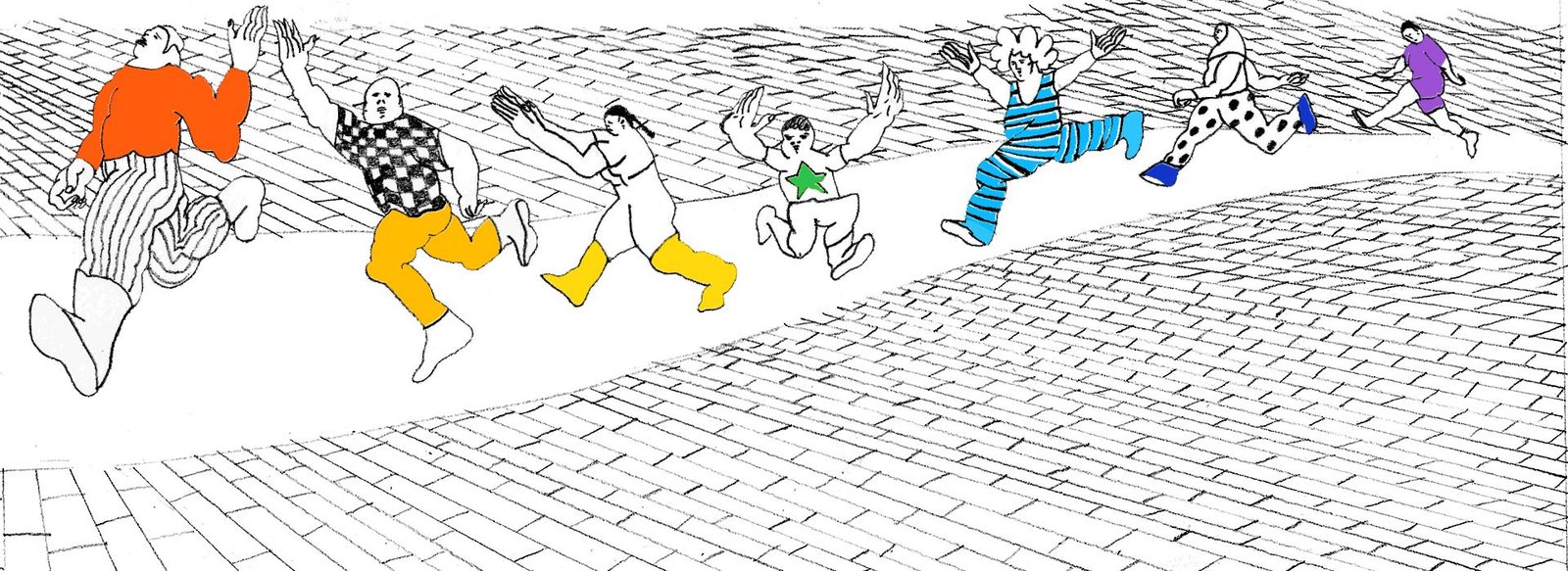
You can find out more and give support via the biggest charity supporting LGBTQI+ asylum claims, UKLGIG (https://uklgig.org.uk/).
*Since the writing of this article Yew Fook Sam has since been granted asylum despite staying single. This ruling is being treated as a landmark victory against antiquated gay stereotypes.”*

